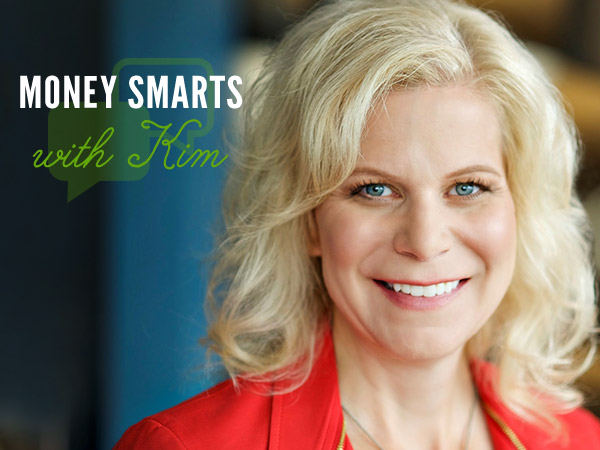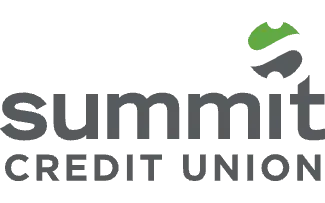Ask Kim: New Baby & Finances
Financial Education
Podcast: Teaching Teens About Money
Young Adults
Students
Money Management
Podcast
TRANSCRIPT

Tips for Managing Money and Paying Off Student Debt After Graduation

Ask Kim: When To Invest

Four Credit Card Tips For Young Professionals

How New Grads Can Nail The Interview And Hammer The Gig





Featured Products
Financial Education
About
Help & Support





Stay on SummitCreditUnion.com
Go
Consumer Financial Protection Bureau's website.



